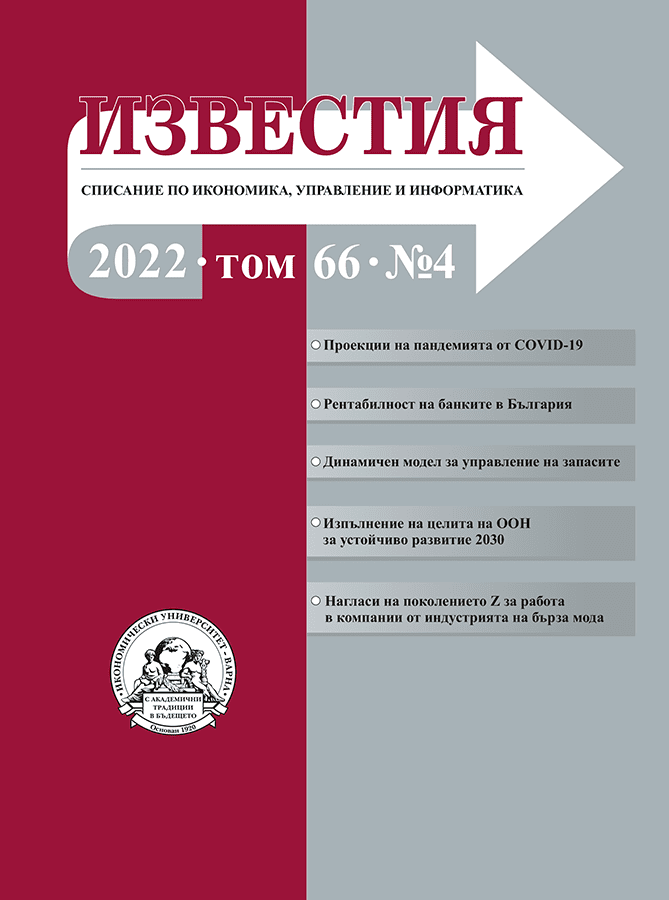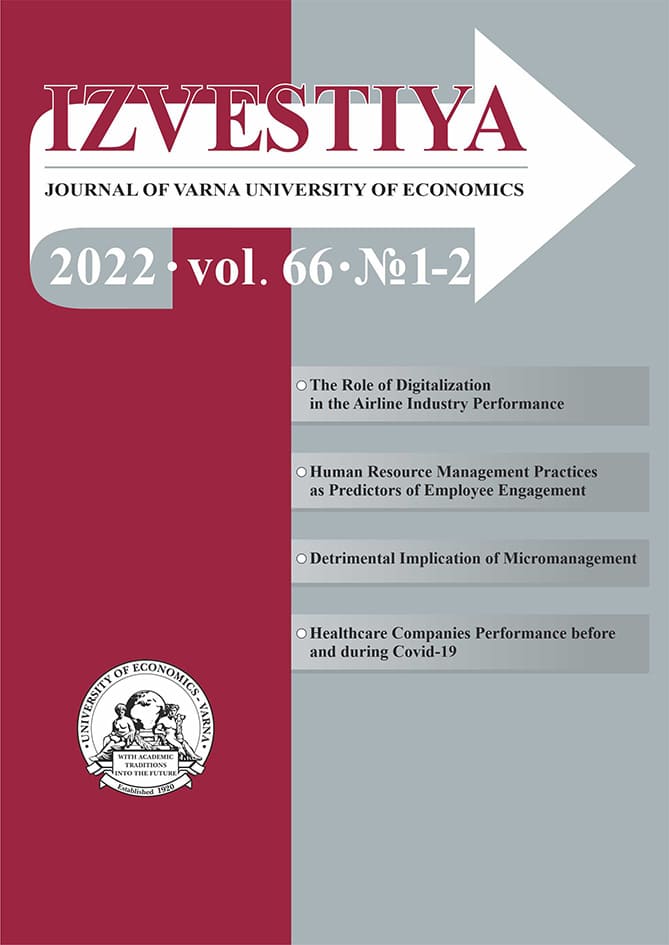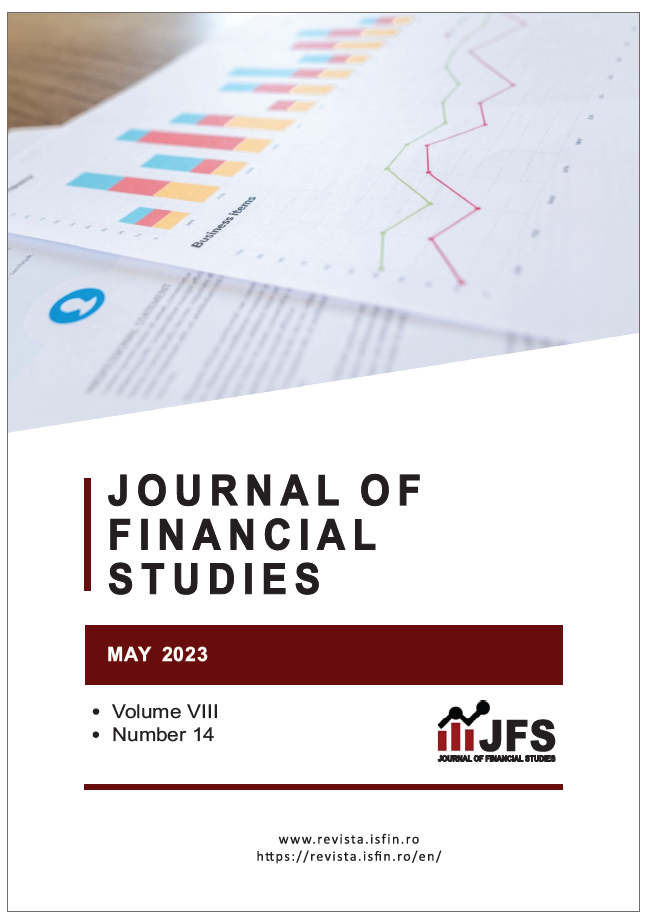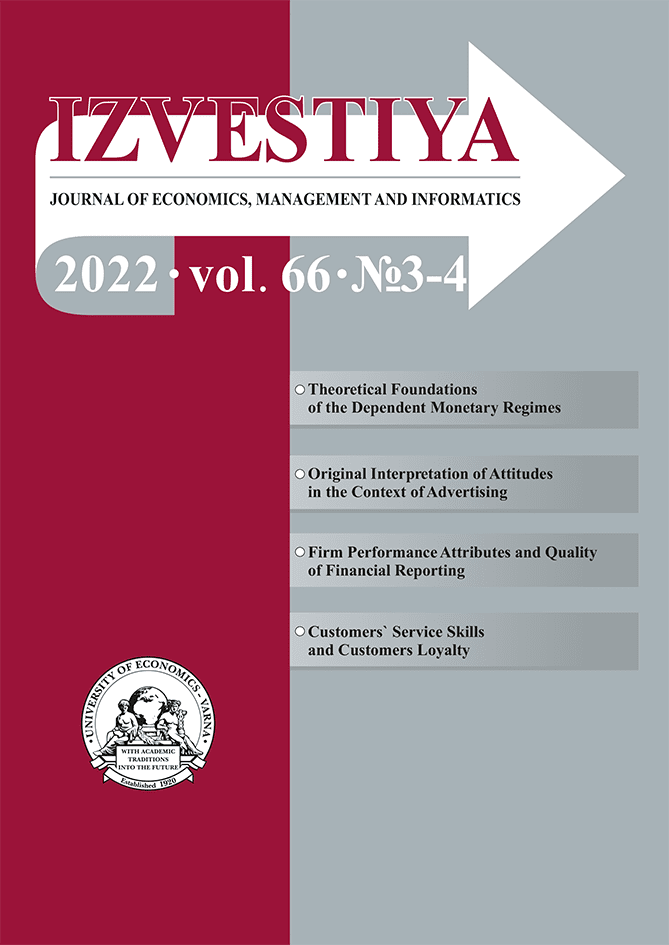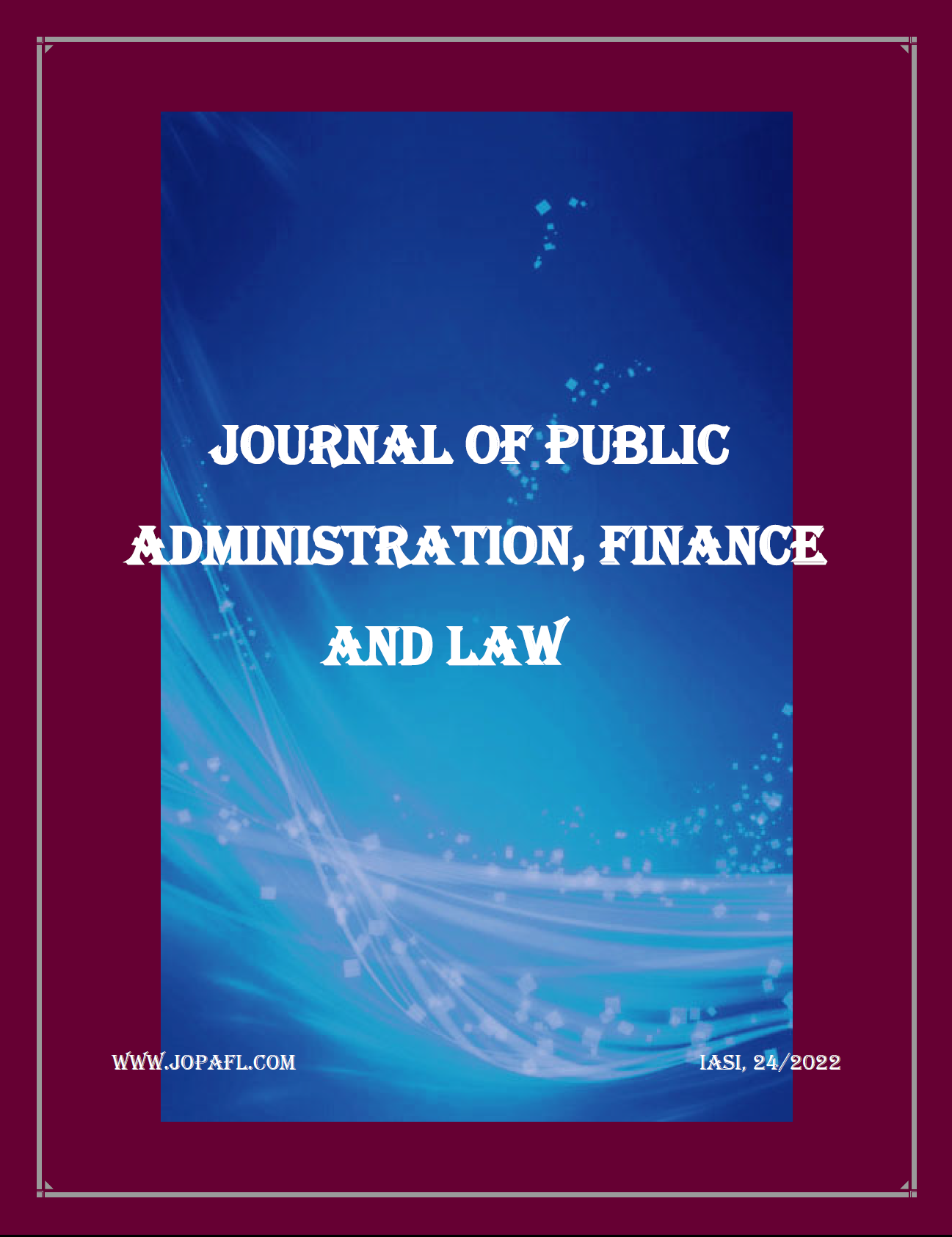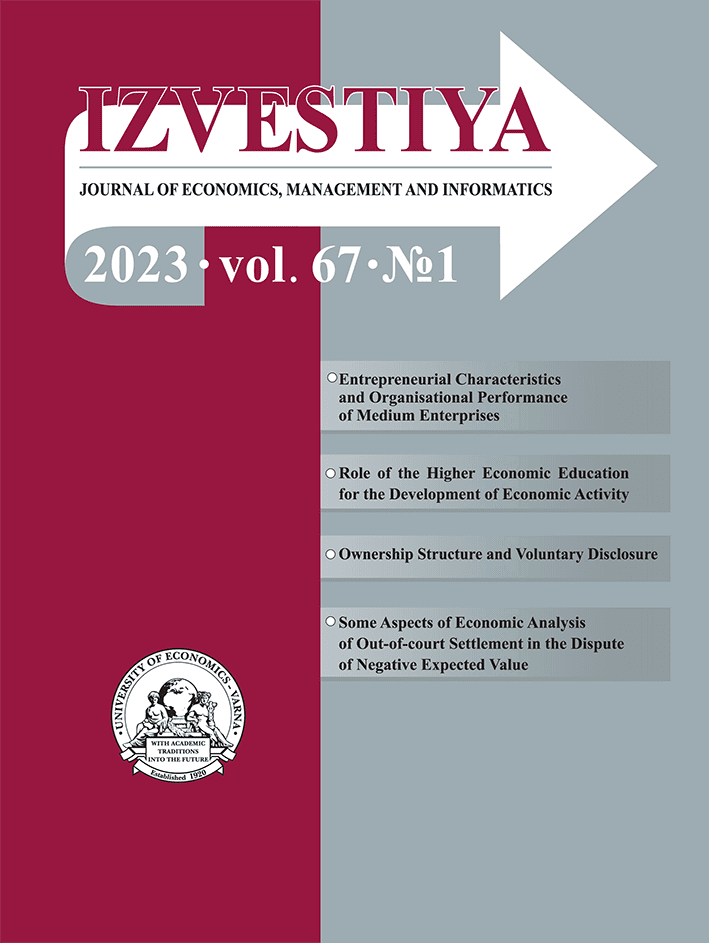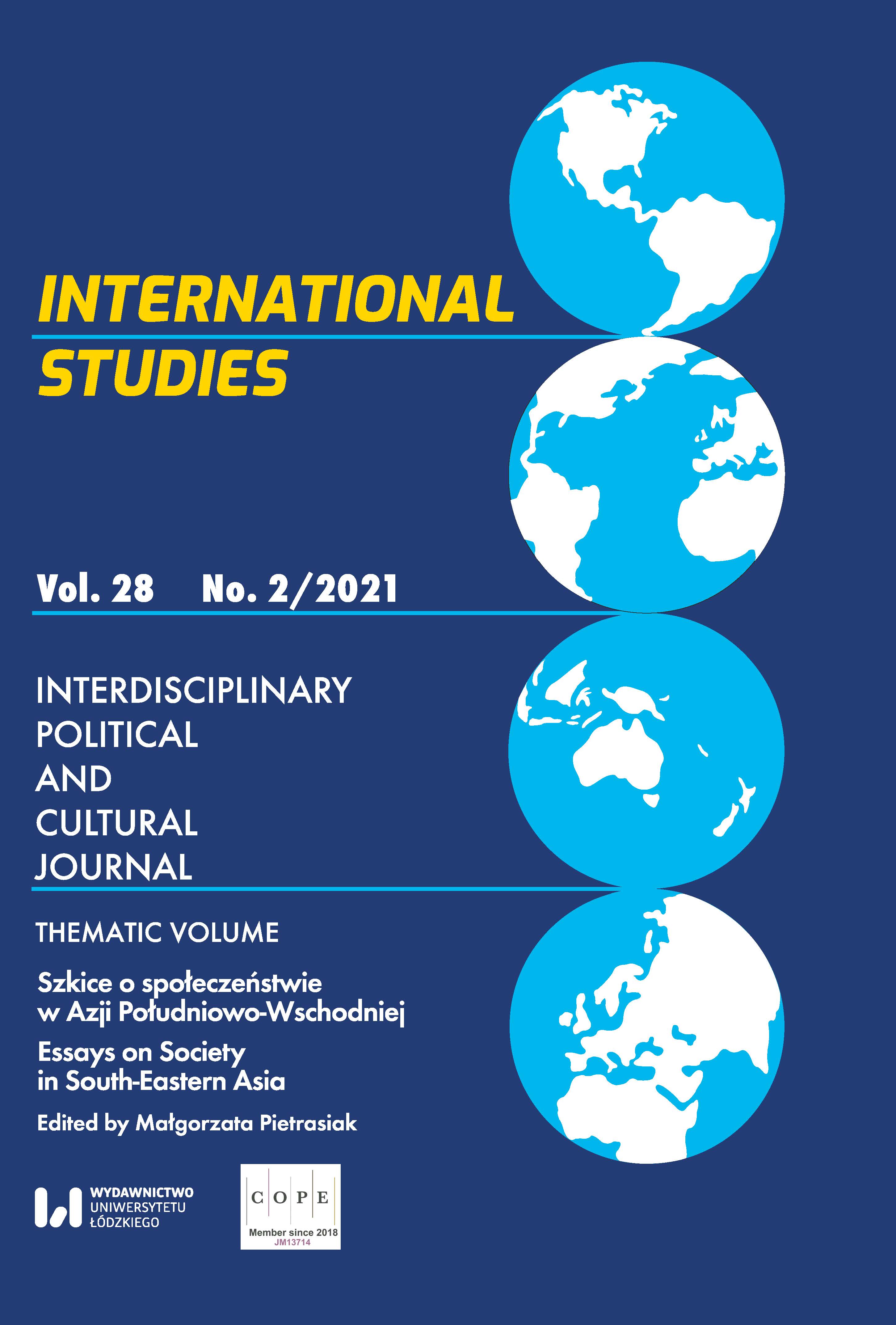
Wielokulturowość a jedność narodowa – problemy społeczne w Malezji na przełomie XX i XXI wieku
Malaysia is a culturally and ethnically diverse country in Southeast Asia. The aim of the work is to examine the causes and impact of the lack of cohesion and integrity in Malaysian society, as well as to check whether the local government counteracts divisions among the discussed nation. Basic information about Malaysia and an analysis of indicators relevant to the assessment of the social development of the country in question are also presented. The paper also describes selected socio-economic problems occurring in this country. Opportunities for economic and social development of Malaysia in the coming years were also presented. The text is mainly based on research: Budowa państwa w warunkach wieloetniczności. Przypadek Malezji [State Bilding in Multi-Ethnic Conditions. The Case of Malaysia] by Ewa Trojnar, Problem nierówności dochodowych i ubóstwo w wieloetnicznym społeczeństwie Malezji [The Problem of Income Inequality and Poverty in the Multi-Ethnic Society of Malaysia] by Paweł Glinik and Sexuality Education in Malaysia: Perceived Issues and Barriers by Professionals by Zahra Fazli Khalaf, Wah Yun Low, Effat Merghati-Khoei, Behzad Ghorbani. Conclusions were presented that Malaysia, due to its intensive economic evolution, is perceived as a strong ally in the international arena. It was also noted that the country in question could be a role model for partners and poor countries in this region of Asia. Unfortunately, differences in the legal situation of individual ethnic and racial groups, economic disproportion or lack of quality education (even sex education) lead to social stagnation. The solution may be the implementation of selected Sustainable Development Goals set by the United Nations, which will consolidate the further development of Malaysia and improve the general well-being of citizens. Implementation of these measures may be the way for Malaysia to become a leader in Southeast Asia, but it requires many social changes that should be implemented as soon as possible.
More...
